Executive Summary: The Psychology of The Women of Trachis
The Core Conflict: Sophocles’ tragedy explores the destructive power of love when it becomes possessive. It tells the story of Deianira, who inadvertently kills her husband (Heracles) with a “love charm” that turns out to be poison.
Jungian Key Concepts:
- The Negative Anima: The poison (Nessus’ blood) represents the toxic aspect of the feminine soul that has been wounded by male aggression and seeks unconscious revenge.
- The Hero’s Shadow: Heracles is the ultimate “Alpha Male” whose neglect of the feminine (Deianira) leads to his destruction by the very feminine power he sought to dominate.
- Jealousy as Acid: The robe of Nessus acts as a metaphor for jealousy—it clings to the skin and burns the flesh, destroying the host.
Clinical Relevance: A case study in Anxious Attachment and the tragic consequences of trying to “control” a partner’s affection through manipulation.
What Happens in The Women of Trachis? A Jungian Analysis of Jealousy and the Poisoned Soul
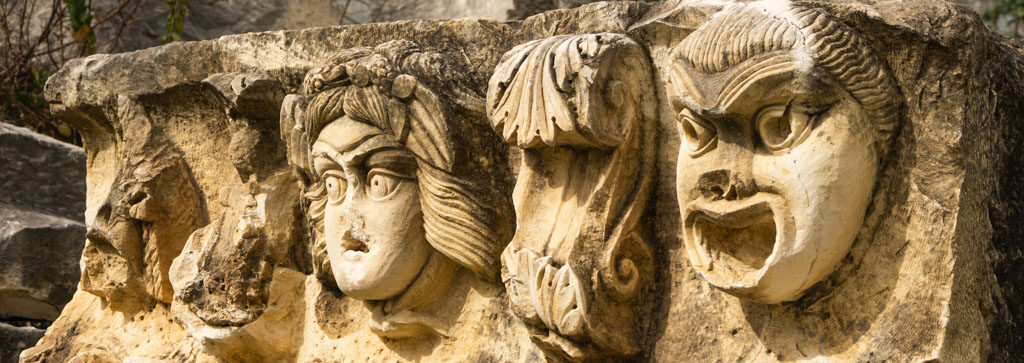
Sophocles’ The Women of Trachis (c. 450 BC) is a tragedy about the “Monster” of jealousy. While Heracles spent his life fighting literal monsters (The Hydra, The Nemean Lion), he is ultimately killed by the monster in his own home: the insecurities of his wife, Deianira.
From the perspective of Carl Jung, this play illustrates the law of **Compensation**. The more Heracles asserts his hyper-masculine dominance (killing enemies, taking concubines), the more the repressed feminine energy turns toxic. The “Love Charm” that Deianira uses is not love at all; it is the crystallized rage of the wounded feminine.
Part I: The Poisoned Gift (Plot Summary)
The narrative centers on Deianira, the long-suffering wife of Heracles.
- The Anxiety: Deianira has not seen Heracles for 15 months. She lives in a state of constant dread. This establishes her as the Anxious-Preoccupied partner.
- The Rival: Heracles returns, but he brings a “gift”—Iole, a young and beautiful princess whose city he destroyed just to possess her. He expects Deianira to welcome her mistress into their home.
- The Charm: Terrified of being replaced, Deianira remembers an old gift. Years ago, the Centaur Nessus tried to rape her. Heracles shot him with a Hydra-poisoned arrow. As Nessus died, he told Deianira: “Take my blood. If Heracles ever stops loving you, use it as a charm to win him back.”
- The Act: Deianira, believing the Centaur (a naive mistake), smears the blood on a robe and sends it to Heracles. She acts out of desperation, not malice.
- The Agony: When Heracles puts on the robe, the heat of the altar fire activates the poison. The robe melts into his flesh. He is not killed instantly; he is tortured. The “Love Charm” is actually acid.
- The Suicide: Realizing she has killed her husband, Deianira commits suicide in silence. Heracles, in his final moments, does not forgive her. He orders his son Hyllus to burn him alive on a pyre to end the pain.
Part II: Archetypal Figures
Deianira: The Naive Anima
Deianira represents the Passive Feminine. She defines herself entirely by her relationship to the Hero.
Her fatal flaw is her Naivety. She trusts the Centaur (the Beast) because she is desperate for a solution to her pain. In Jungian psychology, when the conscious mind feels helpless, it often accepts “help” from the Shadow (Nessus) without realizing the cost. She thinks she is using magic; she is actually using poison.
Heracles: The Toxic Animus
Heracles is the Inflated Animus. He is all action, force, and lust. He treats women as property.
His destruction is ironic. The man who conquered the world is destroyed by a piece of cloth. This signifies that raw physical power is useless against the subtle, chemical power of the emotions. He neglected the “Feminine” world of relationship, so the Feminine world dissolved him.
Nessus: The Shadow of Lust
Nessus the Centaur represents the Predatory Shadow. Even after death, his malice lives on.
The “Blood of Nessus” is a perfect symbol for Resentment. It looks like a liquid (feeling), but it is actually corrosive. Deianira smears her husband with the resentment of a rapist, thinking it will generate love.
Part III: Deep Psychological Themes
1. Jealousy as Corrosive Acid
The robe of Nessus is the most terrifying metaphor for jealousy in literature.
* It clings: You cannot take it off.
* It burns: It destroys the container (the body/ego).
* It is activated by heat: Passion triggers the destruction.
Sophocles shows that possessive love (“I must have him”) is chemically identical to hate. Deianira wants to “bind” Heracles to her; the robe binds him to death.
2. The Failure of “Agency”
Deianira tries to take action (“I will fix this marriage”). But because her action is based on deception and magic (neurotic defenses), it backfires.
This teaches a hard lesson: You cannot manipulate someone into loving you. Any attempt to control the other’s free will (using a charm) is an act of violence, and violence begets death.
3. The Double Suicide
Both partners die. Deianira dies of guilt; Heracles dies of pain.
This represents the death of the Codependent System. The Anxious partner (Deianira) and the Avoidant/Narcissistic partner (Heracles) cannot survive together. Their union is mutually destructive. The psyche must burn down (the pyre) to be cleansed of this toxic dynamic.
Part IV: Clinical Relevance
The “Love Spell” in Therapy
Therapists often see clients who try to use “charms” to keep a partner: getting pregnant, buying gifts, changing their appearance, or using guilt.
These are modern versions of the Robe of Nessus. They are attempts to bind the partner. The therapist must help the client see that these strategies are poisonous. They kill the very thing (love) they are trying to save.
The Beast Within
Heracles killed the Hydra, but the Hydra’s poison (which was on the arrow that killed Nessus, and thus in Nessus’ blood) killed him.
Jungian Insight: We are destroyed by the monsters we thought we defeated. Heracles’ past violence circulates back to him. This is the law of Karma or psychological consequence. We cannot outrun our own shadow.
Part V: Conclusion
The Women of Trachis is a tragedy of ignorance. Deianira did not know the charm was poison. Heracles did not know his wife was dangerous.
For the modern reader, it is a warning about the Unconscious. Good intentions are not enough. If we do not understand the dark, resentful parts of our own nature (the Centaur’s blood), we will inevitably hurt the people we claim to love.
Explore the Archetypes of Greek Drama
Taproot Therapy Collective Podcast
The Toxic Marriage
Medea: The Rage of the Betrayed Wife
The Oresteia: The Husband-Slayer
Hippolytus: The Lust of the Stepmother
The Hero’s End
Oedipus at Colonus: The Holy Death
Philoctetes: The Wound of the Warrior
The Shadow & The Unconscious
The Bacchae: The Madness of the God
Prometheus Bound: The Suffering God
The Suppliants: The Refugee Soul
Iphigenia in Tauris: The Healing
Iphigenia in Aulis: The Sacrifice
Elektra: The Grief of the Daughter
Seven Against Thebes: The War of Brothers
Greek Tragedies Influence on Jung
The Psychology of the Peloponesian War
Bibliography
- Sophocles. The Women of Trachis. (Various Translations).
- Jung, C. G. (1925). Marriage as a Psychological Relationship.
- Winnington-Ingram, R. P. (1980). Sophocles: An Interpretation. Cambridge University Press.
- Segal, C. (1981). Tragedy and Civilization: An Interpretation of Sophocles. Harvard University Press.

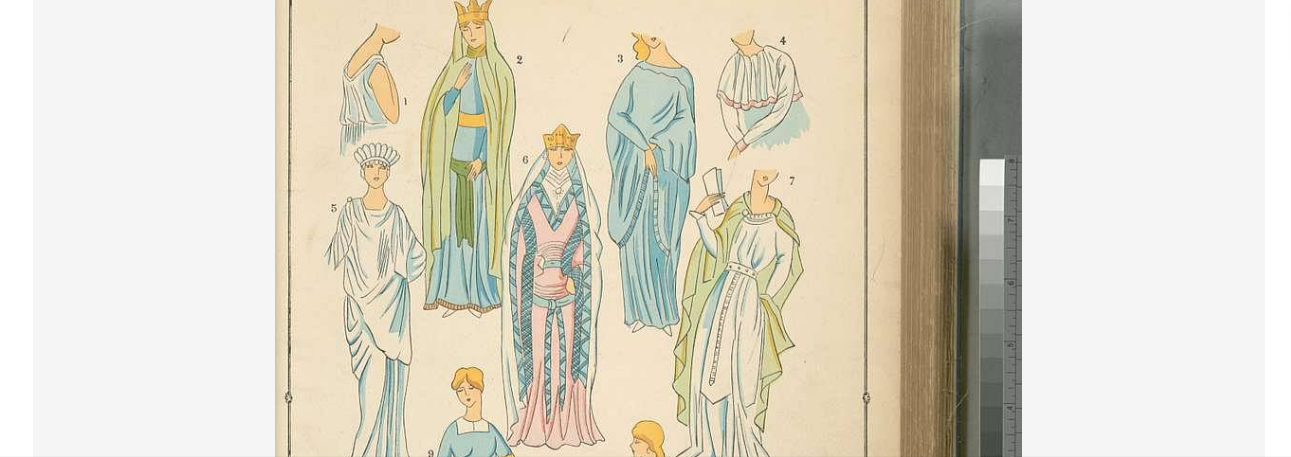
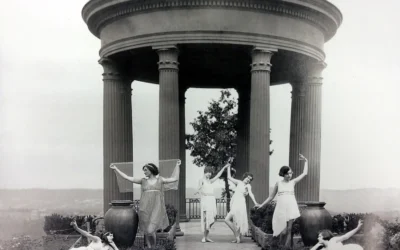




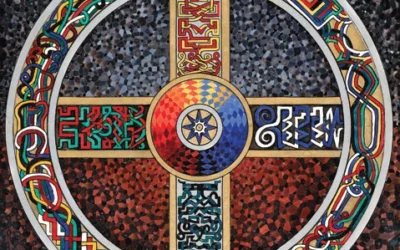
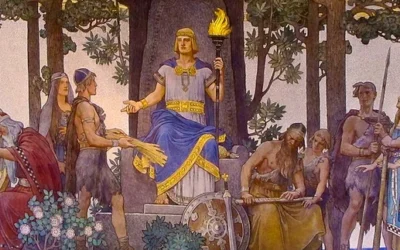


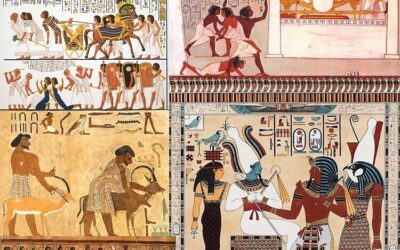
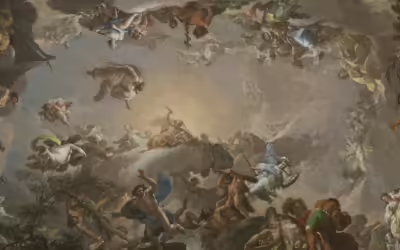



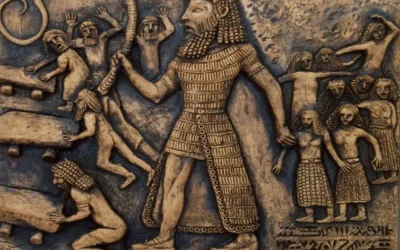
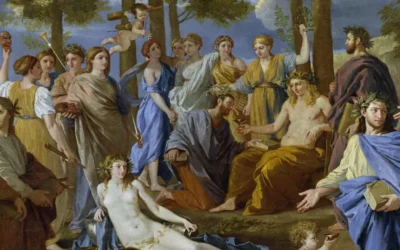
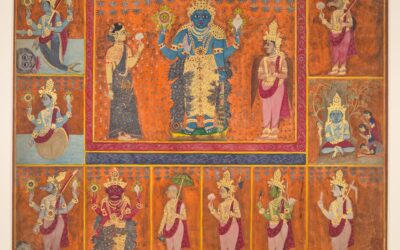
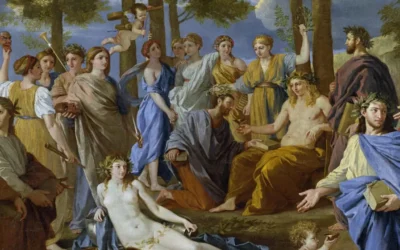
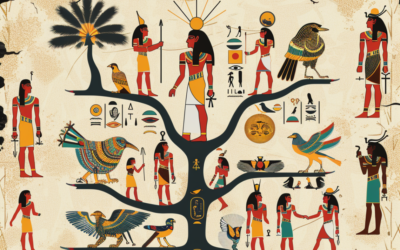
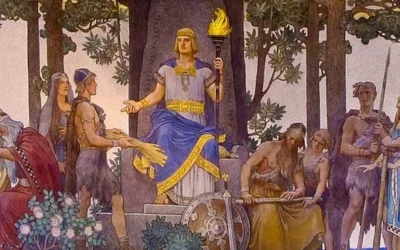


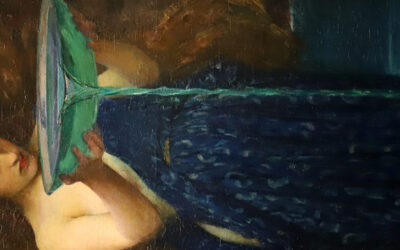
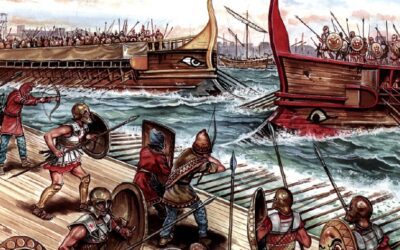
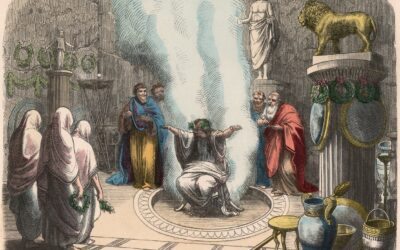
0 Comments